Not My Responsibility
Someone recently asked me how I felt about people reacting with, “It’s not my responsibility to teach white people about racism.” This was specifically about the context in the work that I do since I, in fact, do a lot of education around race and identity. And, I’ve had many challenging conversations around identity (for more, feel free to watch my TEDx talk, How to Talk with a White Supremacist).
Rather than thinking of the reaction as the right or wrong approach, perhaps a more useful way to think about this is asking why: why would someone feel this way? When we do that, I think we can unpack more that can be helpful. For example, a person might feel exasperated that someone would not be doing the most basic levels of research first (in the same way that an industry mentor might want someone to ask them particular questions only after trying their best to find answers on their own). Furthermore, questions about identity might trigger uncomfortable memories for someone, especially if the answers weren’t well received in the past. In either scenario, it’s important to remember that sometimes we aren’t always in the right place to give answers (in the same vein, some might not be in a good place to receive them either).
That being said, I’m usually open to discussing race and identity because of my nature. I often think, if not me, who will? Maybe the following will help.
I live on a fairly busy street, where litter will often blow into my yard as well as all of my neighbors. So when I take an evening walk, I often pick up rubbish to keep it clean. Someone else might respond with, “it’s not my responsibility, that isn’t my trash,” and it would be true. Someone else might not have the capacity or physical ability to remove it all and that would be true as well. And yet, the trash would remain. In the same way, if conversations around race and identity didn’t involve people of Color, then I would imagine many bad ideas persisting. Someone has to clean it up, to maintain, to take initiative and engage. I might not always be in a place to do so, but I’ll do what I can.
The systems in place that uphold white supremacy and discrimination are vast and complex. As such, they require many different roles to dismantle, challenge, and change them. Some people are working on the direct effects, others at the root cause. We don’t always have the capacity or expertise to work on everything at once. But when we do choose to engage, we should be doing so with intention and empathy. And, even if we’re not working directly on issues like one on one conversations, we all bear some responsibility for contributing to or addressing the very conditions which allows things to occur.
So perhaps a more gentle and effective approach than “not my responsibility” could be honesty (“I’m not in a place to answer that right now”) and empathy (“I’m glad that you are asking these questions, you might consider these resources.”). After all, no one wants litter in our yards.
